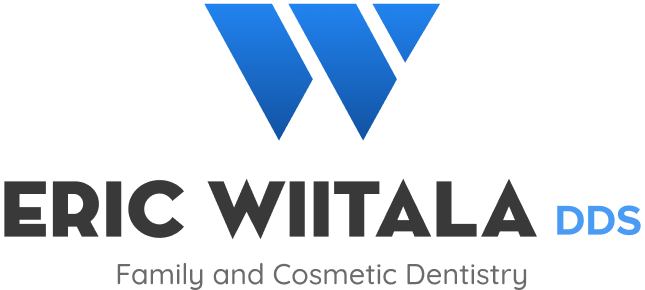General Dentistry
Chronic Snoring Treatment
What is Sleep Apnea?
Sleep apnea is a sleep disorder characterized by interrupted breathing during the night due to blocked upper airways, leading to frequent awakenings. It affects millions of Americans, often undiagnosed. Chronic snoring may indicate sleep apnea. Visit our experts in Scottsdale, AZ to learn more.
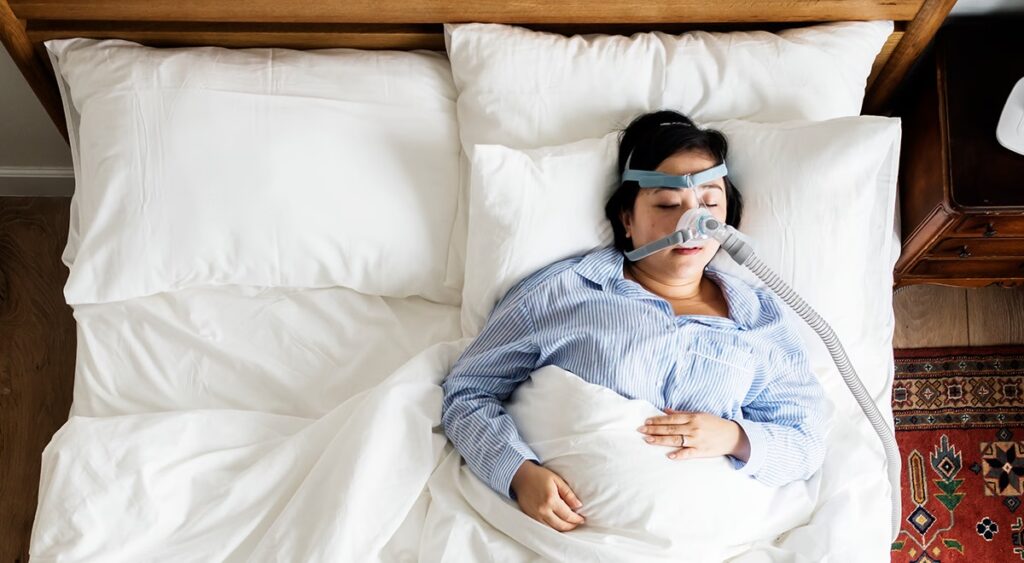
Causes Of Sleep Apnea
Chronic sleep apnea can have a variety of causes:
- Obesity
- Throat and tongue muscles that are abnormally relaxed
- Enlarged tonsils or adenoids
- Cardiovascular problems
- Nasal congestion
- Smoking
- Family History
Obstructive sleep apnea occurs when the muscles in the back of your throat relax. Because these muscles support the surrounding tissues such as the tonsils and the side walls of the throat, when they relax, the airway narrows or closes. Your brain senses this inability to breath and briefly wakes you from sleep to reopen the airway. These lapses in sleep can be so brief you don’t even remember them. These actions can involve a snorting, choking, or gasping sound and the pattern can repeat up to 30 times per hour all night.
In central sleep apnea, your brain doesn’t tell your breathing muscles to do their job. Consequently, you make no effort to breathe for a short period of time. You then awaken with shortness of breath or have difficulty even falling asleep.
What Are The Common Sleep Disorders?
Of the most common sleep disorders, which include narcolepsy, restless leg syndrome, sleep apnea, and insomnia, sleep apnea affects millions of people around the world. This condition can be challenging not because it is difficult to treat, but because it so closely resembles snoring that many people do not obtain the care they need to restore health.
Sleep Apnea Vs. Snoring
When you snore, air has slight difficulty passing through the airway. When breathing occurs, forced air causes vibrations in the soft tissues in the throat and beyond. The sounds that are made indicate that air is moving. People with sleep apnea do more than snore; they stop breathing. When pauses in breath occur, the brain jumps into action to regain its supply of oxygen. The body is jolted with adrenaline, which speeds the heart and rouses sleep just enough to restart breathing.
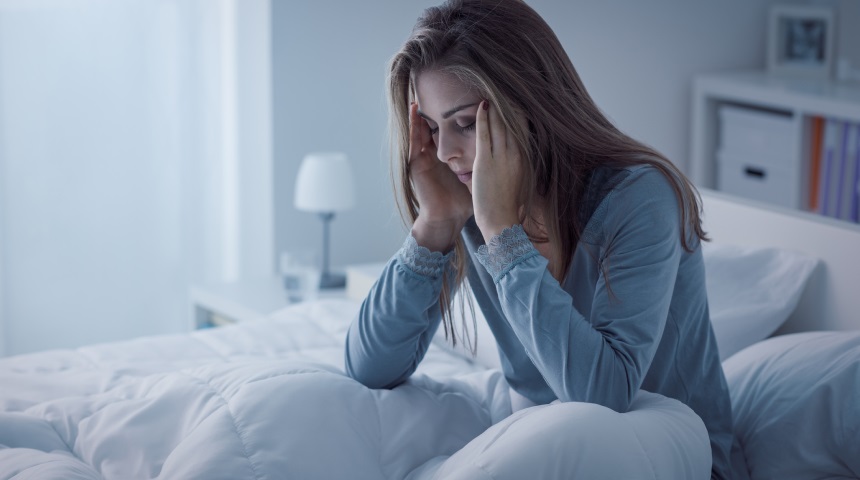
Symptoms Of Sleep Apnea
Snoring by itself doesn’t mean you have sleep apnea. Your snoring is usually due to a decreased level of airflow through the airway, but not complete blockage, as in sleep apnea. These are the common symptoms if you have sleep apnea:
- Loud snoring (more prominent with obstructive sleep apnea)
- Abrupt awakenings from sleep
- Awakening with shortness of breath (central sleep apnea)
- Episodes of breathing cessation witnessed by another person
- Waking up with a headache in the morning
- Excessive daytime sleepiness
- Waking up with a dry mouth or sore throat
- Difficulty staying asleep
- Attention problems
- Irritability
Types Of Sleep Apnea
Obstructive sleep apnea is the most common form of the condition, but there are other forms. They are defined by the causes.
Obstructive sleep apnea (OSA)
This is the most common form, occurring when muscles in the throat relax, blocking airflow.
Central sleep apnea (CSA)
This is caused when the brain doesn’t send proper signals to the muscles that control breathing.
Upper airway resistance syndrome (UARS)
This syndrome differs from OSA in that there aren’t pauses in breathing or decreases in breathing. Patients with UARS simply require greater effort in breathing to get past obstructions.
Complex sleep apnea syndrome
This sleep apnea is categorized as a person having both OSA and CSA.
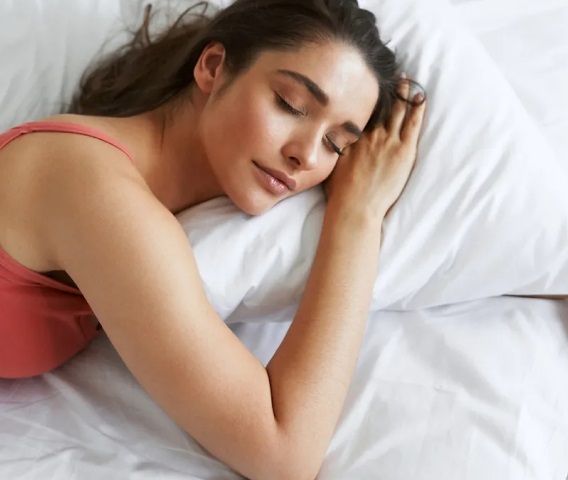
Why is Sleep so Important to Your Health?
Getting 7 to 8 hours of sleep nightly is crucial for overall well-being. Even a few nights of poor sleep can lead to negative effects, including an increased risk of accidents, impaired decision-making, and serious health issues. Poor sleep quality is associated with a higher likelihood of heart disease, stroke, and Type II diabetes. Additionally, adequate sleep is essential for mood regulation and optimal immune system function.
Sleep apnea can shorten your life! In one 18-year study, the risk of death was 3.2 times higher for participants whose severe sleep apnea was not treated.
Risk Factors For Developing Sleep Apnea
Certain factors are considered during the diagnosis of sleep apnea such as:
Menopause
Post-menopausal women are at an increased risk.
Obesity
People who are obese have four times the risk of sleep apnea. Fat deposits around the upper airway can add to obstruction.
Men
Men are twice as likely to have sleep apnea.
Age
Sleep apnea is more common in older adults.
Narrowed airway
Some people simply have a naturally narrow throat, or have enlarged tonsils or adenoids.
Family history
Sleep apnea runs in families.
Smoking
Smokers are three times more likely to have sleep apnea.
Alcohol or sedatives
These substances relax the throat muscles.
Health Conditions Caused By Sleep Apnea:
- Snoring
- Daytime sleepiness
- High blood pressure
- Headaches (especially in the am)
- Teeth grinding
- Diabetes
- Memory problems
- Sexual dysfunction
- Acid reflux
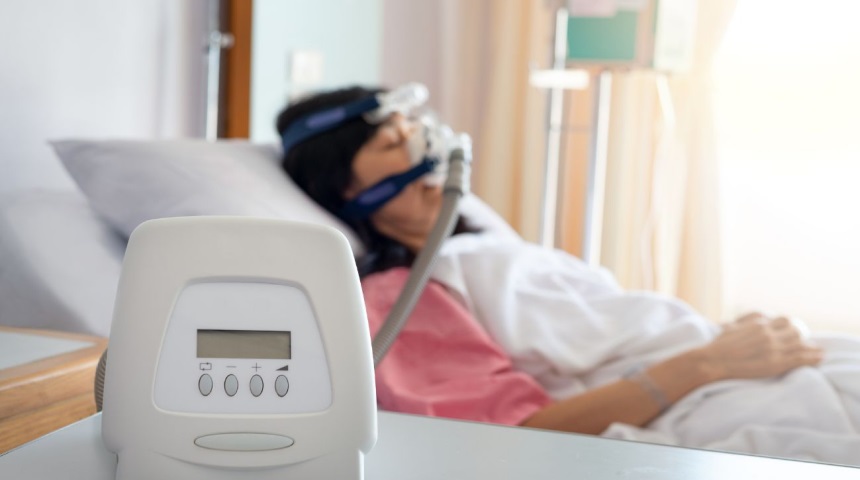
What Sleep Apnea Treatment Options Does Dr. Wiitala offer?
Dr. Wiitala has a variety of treatments to help his sleep apnea patients. He starts with lifestyle changes such as losing weight, limiting alcohol consumption, or smoking cessation. If those treatments don’t have an affect, we progress to breathing systems such as CPAP or the design of an oral appliance.
CPAP
The most effective treatment for sleep apnea is continuous positive airway pressure (CPAP). This is a breathing system that uses air pressure to keep the upper airway passages open. With CPAP, the patient wears a mask over the nose and mouth during sleep. It is attached to tubes that deliver air at a slightly higher pressure than the air in the bedroom. This pressure difference keeps the airways open.
The problem with CPAP is compliance. Patients, and often their partners, don’t like wearing the mask and the tubes attached to the pressurization system. Every year nearly 900,000 patients don’t use their prescribed CPAP systems, which wastes money and, more importantly, keeps the patient from treating his or her sleep apnea.
Oral Appliance Therapy
Dr. Wiitala offers an alternative to CPAP: oral appliance therapy. Oral appliance therapy is effective for patients with mild to moderate sleep apnea. It uses what is akin to a sports mouth guard or an orthodontic retainer. Worn only during sleep, the oral appliance supports the jaw in a forward position to help maintain an open upper airway. Dr. Wiitala has a extensive experience with a variety of these appliances — there are over 100 FDA-approved oral appliances — and can help you find the one that works best for you. Compared with the mask and tubes required with CPAP, oral appliance therapy is far easier to tolerate.
Surgery
Surgery is usually only an option if a patient has severe sleep apnea and it is endangering his or her life.
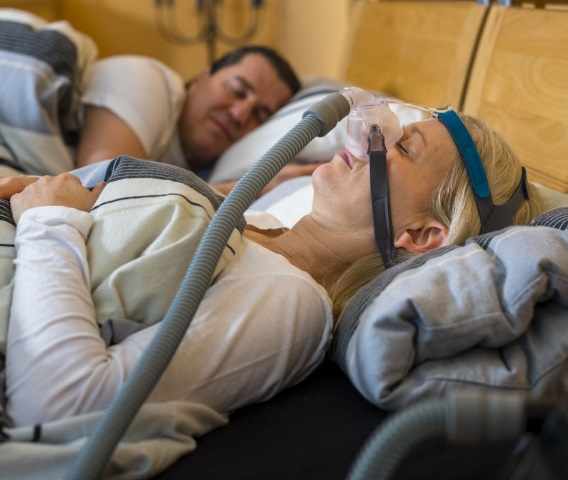
What If you Or Your Partner Have Sleep Apnea?
When diagnosing sleep apnea, Dr. Wiitala looks at your medical and family health histories, performs a physical exam, and conducts a sleep study. The polysomnogram (PSG) is the most common sleep study. This study records brain activity, eye movements, heart rate, and blood pressure as you sleep. It also records the amount of oxygen in your blood, air movement through your nose while you breath, snoring, and chest movements. The test is performed at a sleep center and is painless. There is also a home-based monitor that may be used for your sleep test.
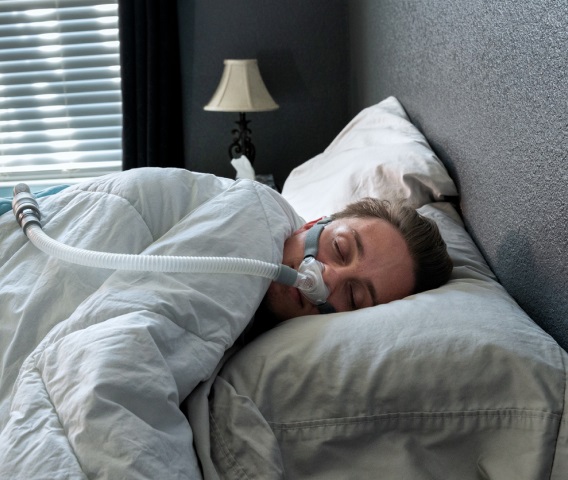
How is sleep apnea treated?
Sleep apnea is usually treated with a CPAP or a mandibular advancement device. It is important that a dentist works with your doctor to determine what is the best option for sleep apnea patients. Often times a simple mandibular advancement device (mouthpiece) will correct and help many people with sleep apnea. It will also eliminate or greatly reduce snoring.
Sleep Apnea is Potentially Deadly. Don’t Leave it Untreated.
Are you interested in learning more about sleep apnea or CPAP alternatives? Visit dentist Dr. Eric Wiitala in Scottsdale today and see how you can be on your way to a better nights sleep. Dr. Wiitala is a proud member of the American Academy of Dental Sleep Medicine, and the American Academy of Sleep Medicine. He wants you to get the sleep you need. Contact Eric Wiitala, DDS for more information on oral appliance therapy for obstructive sleep apnea.
Kind Words From Proud Patients
Love, love, love Dr Wiitala and my hygienist, Andrea. They are the best! I don’t even mind going to the dentist anymore, and that’s saying a lot. Whole staff is amazing!
Excellent service. Caring, professional, friendly and excellent skills. I travel from Portland Or to see Dr Wiitala and his team. They are the best. Highly recommend Dr Wiitala and his team.
Dr. Wiitala and his staff definitely deserve five stars or more! The friendliness and professionalism shown by everyone in this office is amazing! I would have no hesitation in recommending them for your dental needs
never thought I would say I really enjoyed a visit to the dentist but here I am. These guys are amazing‼️ Totally professional and yet friendly and accommodating. So thankful a friend recommended me to them. Now I am recommending them😃 Thank you guys, Sadie, Lindsey, Dr. Wiitala and entire team for a job well done 👍
As usual, Dr Wiitala provided superlative dental care. Should be in TOP DOCS of Phoenix! Always efficient, knowledgeable, and professional.
The dentist Eric Wiitala and the office staff are excellent. Friendly, making sure the customer is comfortable and very professional staffers. They are honest and thorough.
Dr. Wiitala, Andrea the hygienist, and staff, were all amazing! I had such a pleasant experience! After a change of insurance and a move, it took a while to find a dental office that I actually look forward to coming back to regularly. lucky to have found this gem of an office!
Great staff and Dr. Wiitala is very professional and personable
Dr Wiitala and his staff are the best – friendly, professional and knowledgeable. My family has been going to Dr Wiitala for a decade or more. It’s the best dental office ever.
Professional, excellent experience as always. Dental hygienist, Andrea thoroughly cleaned my teeth and Dr. Wiitala identified filling in need of repair before it would become a major problem down the road. This is reason I’ve been a client of Dr. Wiitala for 15+ years.
